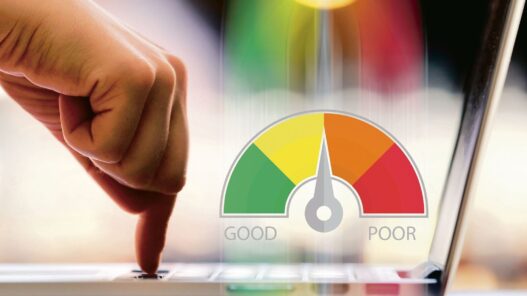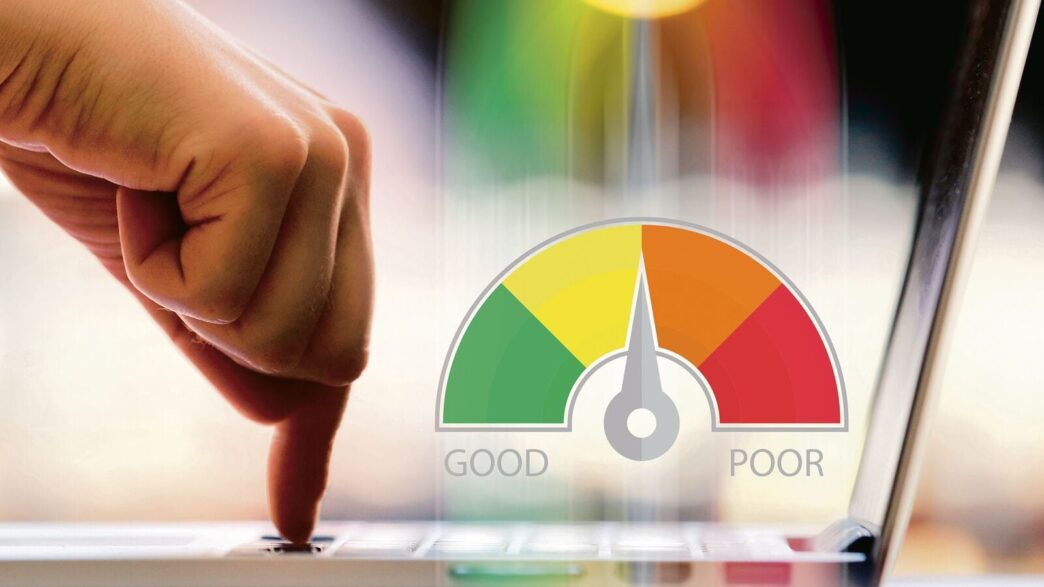While getting a new credit card can be a sound financial choice, it can have negative effects on your credit score. No matter your reason for getting a new credit card, be it to build your credit more or earn better rewards incentive, it’s very important to understand how new credit cards will influence your score.
Let’s get into the details of how a new credit card affects your credit score.
1. Hard inquiry
Every single time you apply for a new credit card the lender does a hard inquiry of your credit report to assess your credit worthiness. The credit bureaus will document this hard inquiry and this could decrease your score by 5-10 points temporarily. As long as you continue good credit behaviour, which is expected, this drop is normal and typically recovers in a few months.
2. Credit utilisation ratio
An increase in your total credit limit is one of the best perks of applying for a new credit card. Your credit utilisation ratio, which refers to the percentage of your credit limit that you actually use, can be improved by this. Less than 30% of your total credit is considered the optimal utilisation ratio.
3. Credit history
A new credit card, especially if it is your first or second card, licenses you to expand your total credit history if managed properly. If you use the credit card regularly and report small balances with on-time payments, this will create a positive payback history that will eventually enhance your score.
4. Credit age
Credit scoring models consider your average account age. By adding a new card, you decrease the average age, which may have a temporary impact on your score. However, this factor is less significant than payment history and utilisation; and it is less influential the older the new card is.
5. Better mix of credit
A varied credit profile benefits you more than a single type of credit, an unsecured credit card (e.g., credit cards) or secured credit (e.g., home loans) demonstrate this. If you only have loans previously, a new credit card improves the credit mix.
What happens if you’re denied?
Although your application is denied, the hard inquiry remains on your credit report. A series of denials in a short time frame may give the impression of credit-hungry behaviour, which may be a negative factor to lenders. To avoid this, know your eligibility before applying and make one application at a time.
In conclusion, a new credit card can either help or hurt your credit score, depending on how you approach it. Even if there is a short-term dip, the benefits in the long-term usually outweigh the negative aspects: a better credit mix, more utilisation, and better credit history.
Disclaimer: Mint has a tie-up with fin-techs for providing credit, you will need to share your information if you apply. These tie-ups do not influence our editorial content. This article only intends to educate and spread awareness about credit needs like loans, credit cards and credit score. Mint does not promote or encourage taking credit as it comes with a set of risks such as high interest rates, hidden charges, etc. We advise investors to discuss with certified experts before taking any credit.












